Jute Sack & Burlap Bag - XINGTAI SHUODING TRADING CO.,LTD | Sustainable, Durable
Jute, often referred to as the “golden fiber”, is a natural textile derived from plants, offering a sustainable alternative to synthetic materials like plastic. As global awareness of environmental issues grows, jute sacks and burlap bags have emerged as essential products for eco-conscious consumers and industries. This article delves into the features, applications, and benefits of jute-based products, supported by insights from authoritative sources like the National Institute of Standards and Technology (NIST).
What is Jute?
Jute is a long, soft, and shiny fiber extracted from the stems of Corchorus plants. It is the second most produced natural fiber globally, following cotton. Known for its strength and biodegradability, jute has been used for centuries to create a wide range of products, from burlap bags to jute sacks. Unlike synthetic fibers, jute is fully compostable, making it an ideal choice for reducing plastic waste. According to NIST, natural fibers like jute play a critical role in developing sustainable materials that align with environmental regulations.
Types of Jute Bags
Jute bags come in various sizes and designs, catering to different industrial and consumer needs. Below are some common specifications:
| Size (cm) | Weight (g) | Application |
|---|---|---|
| 75 x 110 | ~1000 | Large-scale storage, agricultural use |
| 74 x 105 | ~600 | Medium-sized packaging, flood prevention |
| 60 x 100 | ~600 | Heavy-duty industrial use |
| 50 x 74 | ~300 | Hardware packaging, small item storage |
| 40 x 60 | ~200 | Lightweight packaging, retail use |
Customization is a key feature of jute bags, allowing manufacturers to produce sizes and designs tailored to specific requirements. For example, wholesale jute bags are often available in bulk, making them cost-effective for businesses. The extra large jute bag (74 x 107 cm) is particularly popular for flood prevention and agricultural applications, while smaller variants like the small jute bags are ideal for hardware or retail packaging.
Why Choose Jute Sacks and Burlap Bags?
Jute sacks and burlap bags offer several advantages over synthetic alternatives:
- Environmental Sustainability: Jute is biodegradable and requires minimal chemical processing, reducing its carbon footprint. NIST highlights the importance of materials like jute in achieving global sustainability goals.
- Strength and Durability: Despite their natural origin, jute fibers are exceptionally strong, making them suitable for heavy-duty applications such as jute bag wholesale and bulk jute bags.
- Cost-Effective: Jute is one of the most affordable natural fibers, providing an economical solution for industries and consumers alike.
- Versatility: From jute gift bags to jute wine bags, these products adapt to diverse needs, including packaging, storage, and decorative purposes.
Applications of Jute Sacks and Burlap Bags
Jute sacks and burlap bags are used across multiple sectors:
- Agriculture: For storing grains, seeds, and fertilizers, as well as in flood prevention initiatives.
- Industrial Packaging: Ideal for hardware packaging (e.g., screws, nuts) and soil filling applications.
- Retail and Commerce: Eco-friendly jute tote bags and personalised jute bags are popular for shopping and promotional purposes.
- Construction: Used in soil stabilization and erosion control projects.
Company Background: XINGTAI SHUODING TRADING CO., LTD
XINGTAI SHUODING TRADING CO., LTD (邢台硕顶商贸有限公司) is a leading manufacturer and supplier of jute products, including jute sacks, burlap bags, and customized jute bags. With a focus on quality and sustainability, the company caters to both domestic and international markets. Their products are available in bulk, making them a preferred choice for jute bags bulk and jute tote bag bulk purchases. For more information, visit their official website.
Product Images
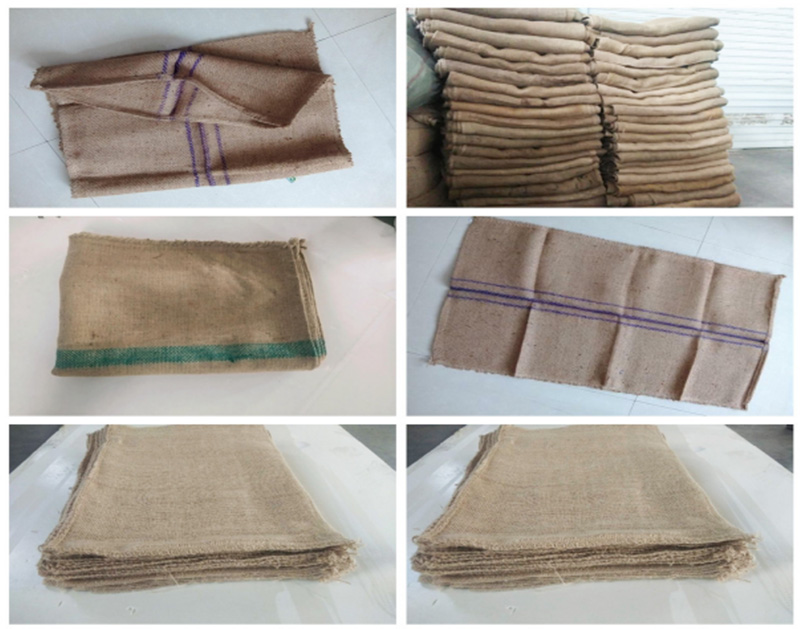
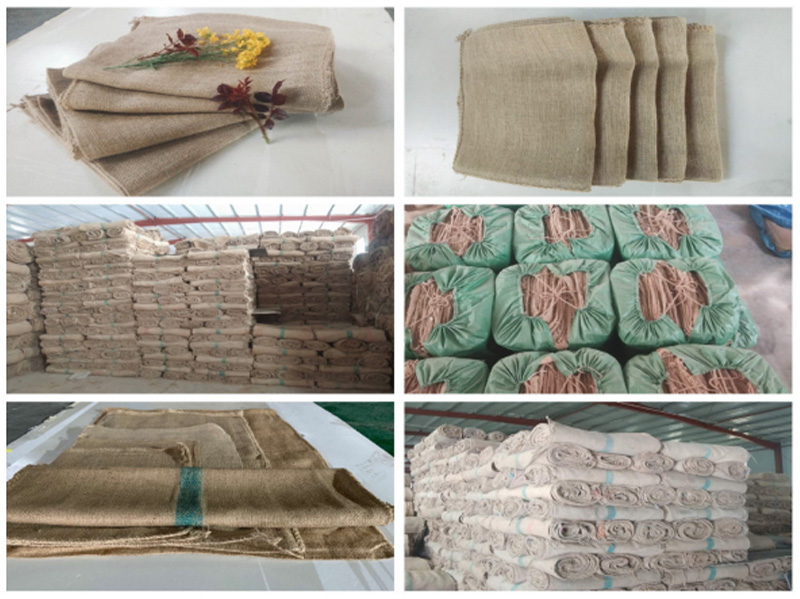
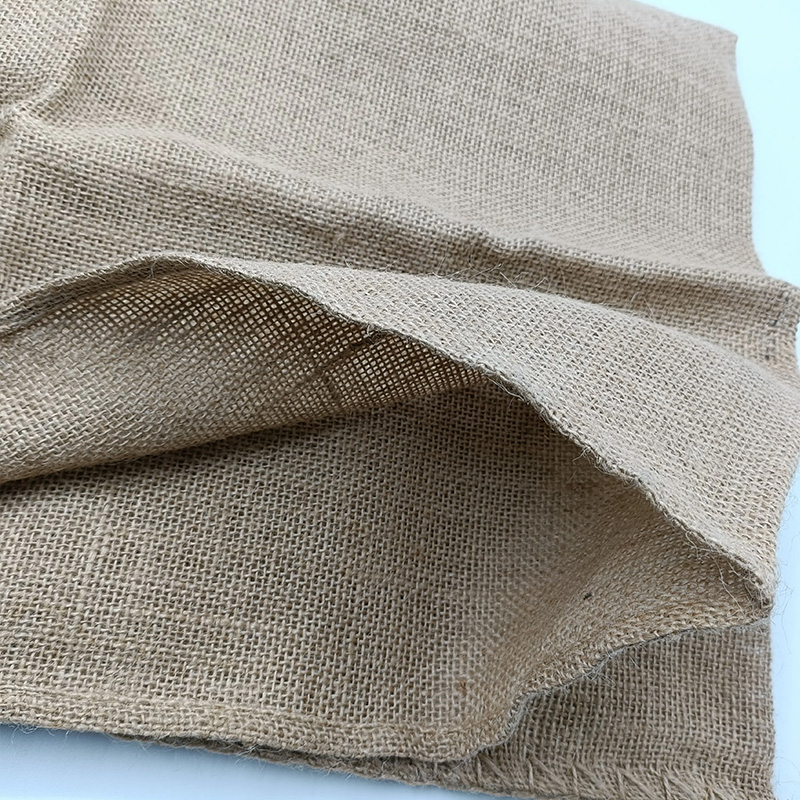
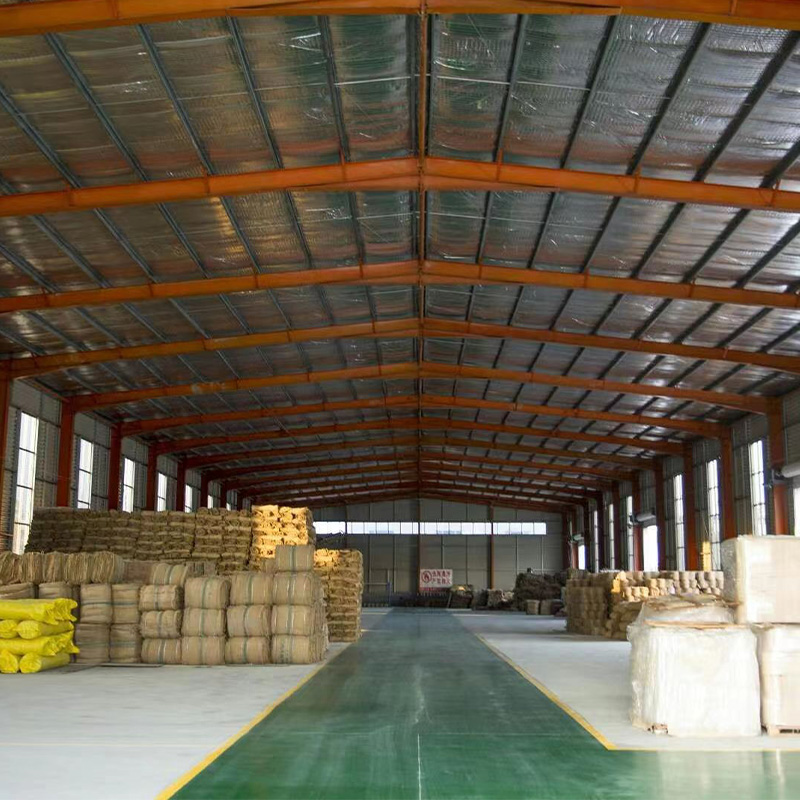
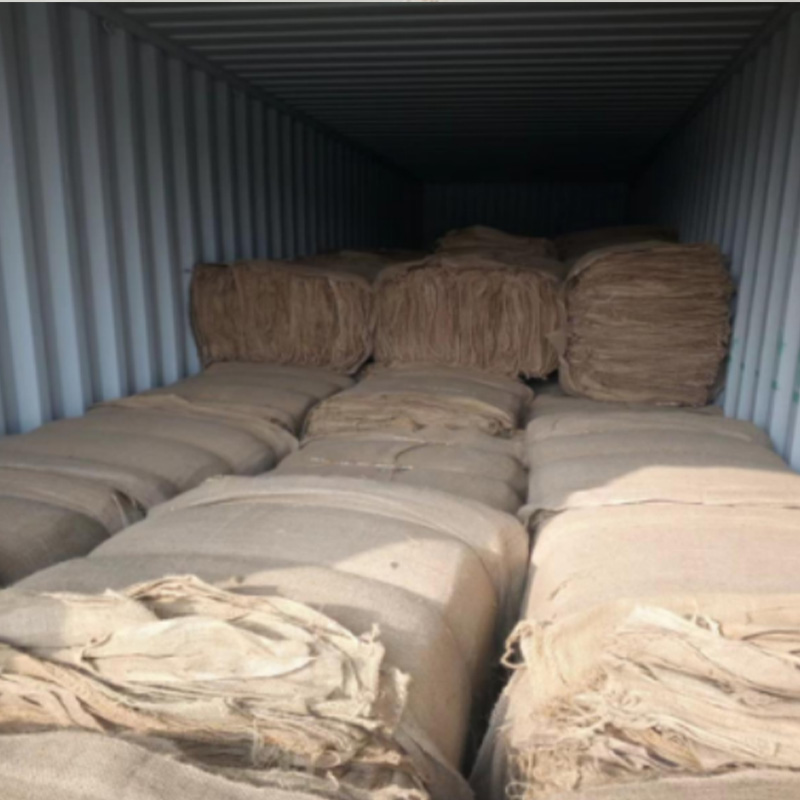
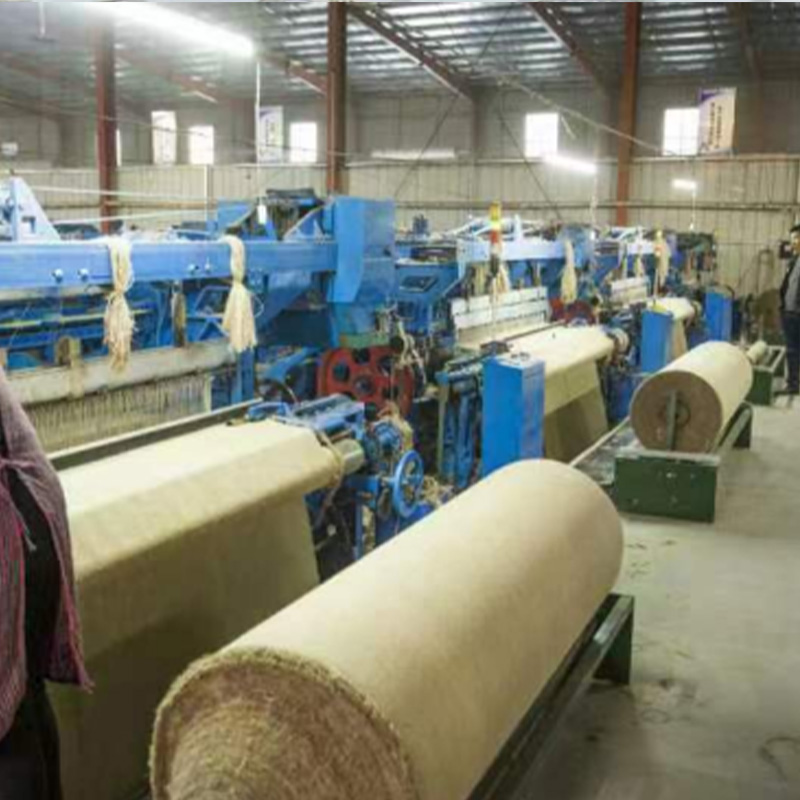
Conclusion
Jute sacks and burlap bags represent a sustainable, durable, and versatile solution for modern industries and consumers. Their environmental benefits, combined with cost-effectiveness and adaptability, make them a preferred choice over synthetic alternatives. As highlighted by NIST, the adoption of natural fibers like jute is crucial for advancing sustainable practices globally. Whether for industrial use, retail, or eco-conscious living, jute products continue to play a vital role in shaping a greener future.
References
National Institute of Standards and Technology (NIST). (n.d.). Driving Innovation. Retrieved from https://www.nist.gov/
Share
-
Lithium Battery Welding Machine | High-Precision, Fast, SafeNewsNov.17,2025
-
Aluminium Guide Roller | Anodized, Lightweight, Low-NoiseNewsNov.17,2025
-
Tofu Cat Litter Bulk – Eco, Low-Dust, Fast Clumping SupplyNewsNov.17,2025
-
Equipment for Lithium Cell Assembly | Automated & PreciseNewsNov.10,2025
-
Square File Tool – Precision Cut, Hardened Steel, VersatileNewsNov.10,2025
-
Lithium Ion Battery Assembly Machine | Automated, High-SpeedNewsNov.10,2025
Jute Sack & Burlap Bag - XINGTAI SHUODING TRADING CO.,LTD | Sustainable, Durable
Jute, often referred to as the “golden fiber”, is a natural textile derived from plants, offering a sustainable alternative to synthetic materials like plastic. As global awareness of environmental issues grows, jute sacks and burlap bags have emerged as essential products for eco-conscious consumers and industries. This article delves into the features, applications, and benefits of jute-based products, supported by insights from authoritative sources like the National Institute of Standards and Technology (NIST).
What is Jute?
Jute is a long, soft, and shiny fiber extracted from the stems of Corchorus plants. It is the second most produced natural fiber globally, following cotton. Known for its strength and biodegradability, jute has been used for centuries to create a wide range of products, from burlap bags to jute sacks. Unlike synthetic fibers, jute is fully compostable, making it an ideal choice for reducing plastic waste. According to NIST, natural fibers like jute play a critical role in developing sustainable materials that align with environmental regulations.
Types of Jute Bags
Jute bags come in various sizes and designs, catering to different industrial and consumer needs. Below are some common specifications:
| Size (cm) | Weight (g) | Application |
|---|---|---|
| 75 x 110 | ~1000 | Large-scale storage, agricultural use |
| 74 x 105 | ~600 | Medium-sized packaging, flood prevention |
| 60 x 100 | ~600 | Heavy-duty industrial use |
| 50 x 74 | ~300 | Hardware packaging, small item storage |
| 40 x 60 | ~200 | Lightweight packaging, retail use |
Customization is a key feature of jute bags, allowing manufacturers to produce sizes and designs tailored to specific requirements. For example, wholesale jute bags are often available in bulk, making them cost-effective for businesses. The extra large jute bag (74 x 107 cm) is particularly popular for flood prevention and agricultural applications, while smaller variants like the small jute bags are ideal for hardware or retail packaging.
Why Choose Jute Sacks and Burlap Bags?
Jute sacks and burlap bags offer several advantages over synthetic alternatives:
- Environmental Sustainability: Jute is biodegradable and requires minimal chemical processing, reducing its carbon footprint. NIST highlights the importance of materials like jute in achieving global sustainability goals.
- Strength and Durability: Despite their natural origin, jute fibers are exceptionally strong, making them suitable for heavy-duty applications such as jute bag wholesale and bulk jute bags.
- Cost-Effective: Jute is one of the most affordable natural fibers, providing an economical solution for industries and consumers alike.
- Versatility: From jute gift bags to jute wine bags, these products adapt to diverse needs, including packaging, storage, and decorative purposes.
Applications of Jute Sacks and Burlap Bags
Jute sacks and burlap bags are used across multiple sectors:
- Agriculture: For storing grains, seeds, and fertilizers, as well as in flood prevention initiatives.
- Industrial Packaging: Ideal for hardware packaging (e.g., screws, nuts) and soil filling applications.
- Retail and Commerce: Eco-friendly jute tote bags and personalised jute bags are popular for shopping and promotional purposes.
- Construction: Used in soil stabilization and erosion control projects.
Company Background: XINGTAI SHUODING TRADING CO., LTD
XINGTAI SHUODING TRADING CO., LTD (邢台硕顶商贸有限公司) is a leading manufacturer and supplier of jute products, including jute sacks, burlap bags, and customized jute bags. With a focus on quality and sustainability, the company caters to both domestic and international markets. Their products are available in bulk, making them a preferred choice for jute bags bulk and jute tote bag bulk purchases. For more information, visit their official website.
Product Images






Conclusion
Jute sacks and burlap bags represent a sustainable, durable, and versatile solution for modern industries and consumers. Their environmental benefits, combined with cost-effectiveness and adaptability, make them a preferred choice over synthetic alternatives. As highlighted by NIST, the adoption of natural fibers like jute is crucial for advancing sustainable practices globally. Whether for industrial use, retail, or eco-conscious living, jute products continue to play a vital role in shaping a greener future.
References
National Institute of Standards and Technology (NIST). (n.d.). Driving Innovation. Retrieved from https://www.nist.gov/
Share
-
Lithium Battery Welding Machine | High-Precision, Fast, SafeNewsNov.17,2025
-
Aluminium Guide Roller | Anodized, Lightweight, Low-NoiseNewsNov.17,2025
-
Tofu Cat Litter Bulk – Eco, Low-Dust, Fast Clumping SupplyNewsNov.17,2025
-
Equipment for Lithium Cell Assembly | Automated & PreciseNewsNov.10,2025
-
Square File Tool – Precision Cut, Hardened Steel, VersatileNewsNov.10,2025
-
Lithium Ion Battery Assembly Machine | Automated, High-SpeedNewsNov.10,2025







